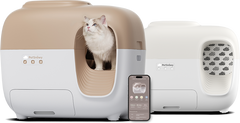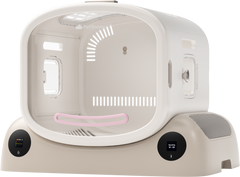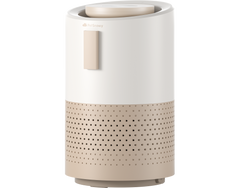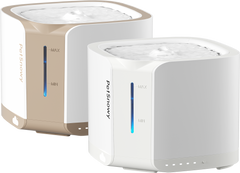Elderly Cat Care: How the Routine Changes With Age
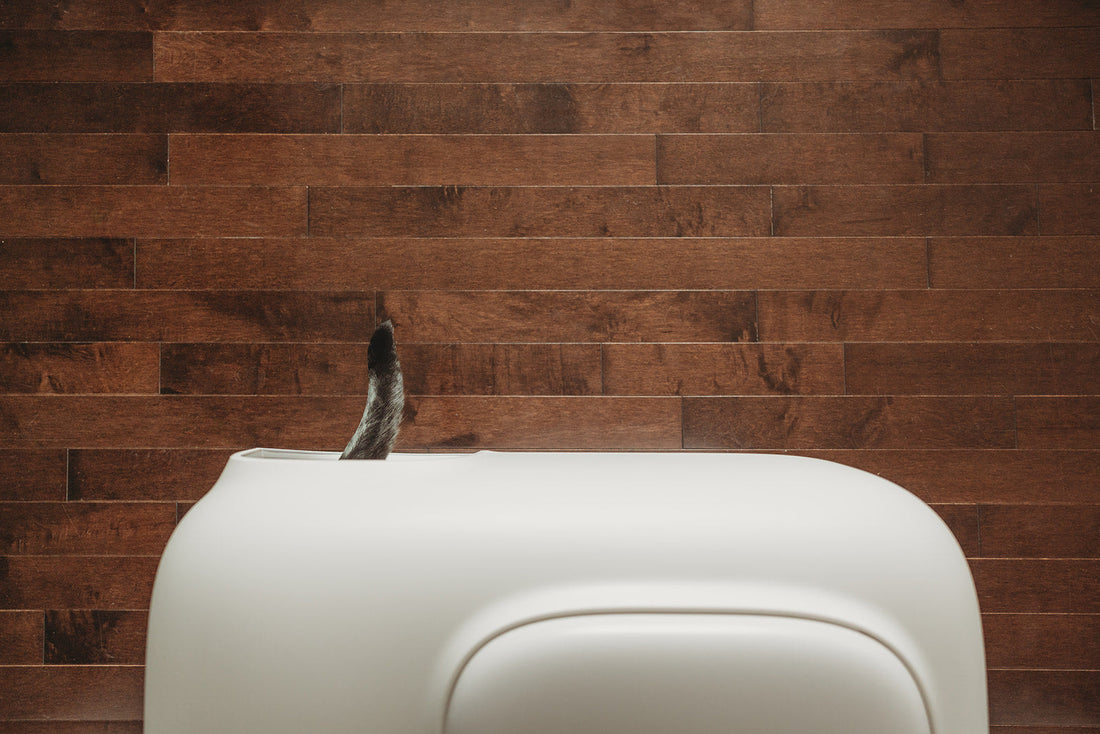
As our feline companions enter their golden years, their needs evolve, requiring thoughtful adjustments to their daily care routine. Understanding and adapting to these changes ensures our senior cats maintain comfort and quality of life throughout their later years.
Recognizing the Transition to Senior Status
Elderly cat care begins with understanding when your cat reaches senior status, typically around 10 years of age. However, cats age individually, and some may show signs of aging earlier or later. Changes often appear gradually: slight adjustments in mobility, shifts in sleeping patterns, or subtle alterations in grooming habits often signal the transition to senior status.
Mobility and Comfort Adaptations
As part of comprehensive elderly cat care, addressing mobility becomes increasingly important. Senior cats may develop stiffness in their joints or find it harder to navigate familiar spaces. Providing easy access to essential resources becomes crucial - consider placing litter boxes, food, and water on each floor of your home. The PetSnowy SNOW+'s low entry design naturally accommodates aging cats, while its enclosed space provides additional support during use.
Grooming Changes
Elderly cat care often includes increased attention to grooming assistance. Senior cats might struggle with their usual grooming routine due to reduced flexibility or energy. Regular, gentle brushing sessions not only help maintain their coat but also provide valuable bonding time. Pay special attention to areas they may have difficulty reaching, such as their lower back or under their chin.
Environmental Adjustments
Creating an age-appropriate environment forms a cornerstone of elderly cat care. Older cats benefit from heated resting spots, as they often become more sensitive to temperature changes. Provide multiple comfortable sleeping areas with easy access, ensuring they don't need to jump or climb unnecessarily. Consider adding steps or ramps to favorite elevated spaces, allowing them to maintain their preferred vantage points safely.
Nutritional Considerations
Adapting diet and feeding routines becomes crucial in elderly cat care. Senior cats often need easily digestible proteins and may benefit from smaller, more frequent meals. Automatic feeders can help maintain consistent meal times, especially important for seniors who may have developed age-related conditions requiring regular nutrition. Monitor water intake carefully, as elderly cats sometimes drink less than they should.
Health Monitoring
Vigilant health observation becomes increasingly important in elderly cat care. Watch for changes in litter box habits, appetite, or activity levels. Regular veterinary check-ups should increase to twice yearly, allowing for early detection of common senior cat conditions. Many age-related issues respond better to early intervention, making consistent monitoring essential.
Mental Stimulation
Maintaining mental acuity plays a vital role in elderly cat care. While older cats may seem less playful, they still need appropriate mental stimulation. Adapt play sessions to their energy levels, perhaps shifting from active games to gentler activities. Food puzzles adjusted for senior abilities can provide both mental engagement and reward.
Sleep Pattern Changes
Understanding and accommodating changing sleep patterns becomes part of elderly cat care. Senior cats often experience shifts in their sleep-wake cycle, potentially becoming more active at night. Creating a comfortable, quiet space for daytime rest while providing gentle activity options during night hours helps manage these changes.
Social Needs
Elderly cat care includes recognizing evolving social needs. Many senior cats seek more interaction with their human family members, while others may prefer quieter, more peaceful environments. Pay attention to their social preferences and adjust accordingly, ensuring they feel secure and supported in their daily interactions.
Managing Medical Care
As health needs change, elderly cat care often includes managing medications or supplements. Establish a consistent routine for any prescribed treatments, making them as stress-free as possible. Keep detailed records of medications, behavioral changes, and appetite patterns to share with your veterinarian.
Adapting to Change
Remember that elderly cat care requires flexibility and observation. What works one month might need adjustment the next as your cat continues to age. Pay attention to their changing preferences and needs, making gentle modifications to support their comfort and well-being, and you can help your cat age gracefully and comfortably.




